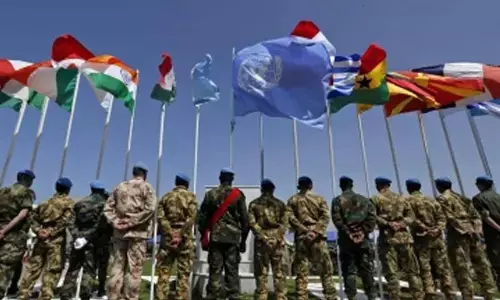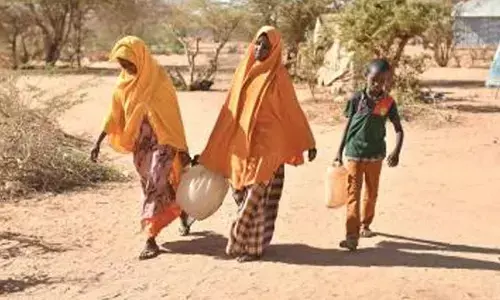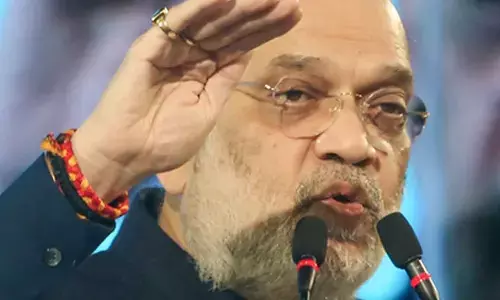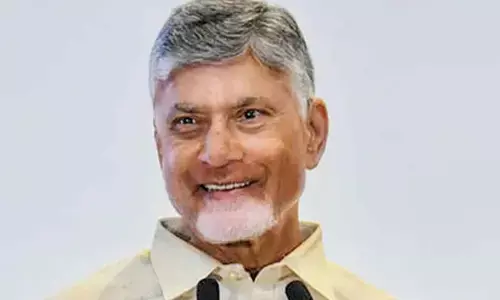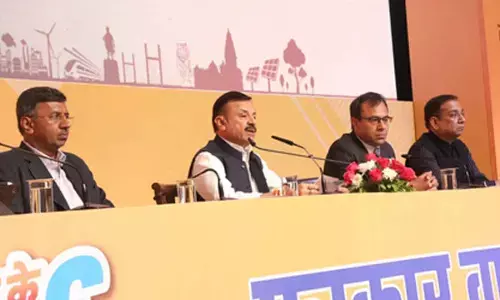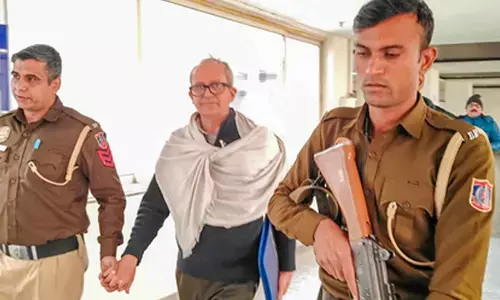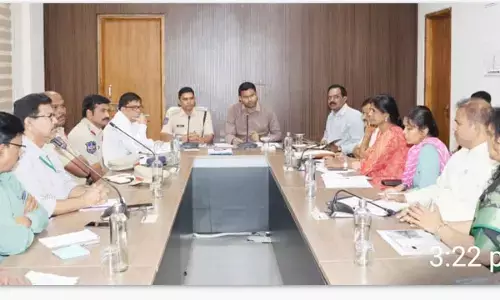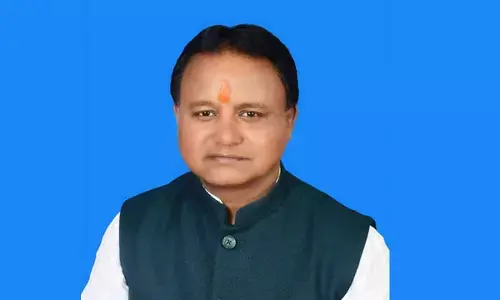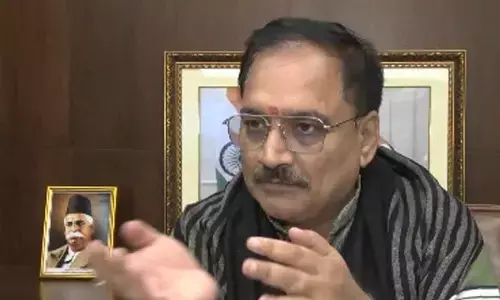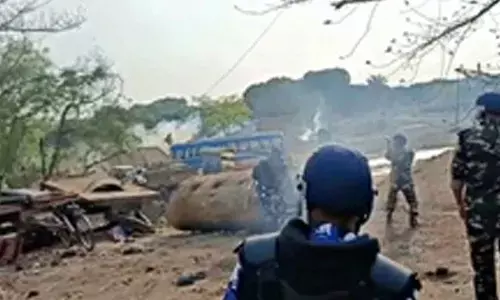Smriti Irani remembers India's fight for pride, honour on Emergency anniversary
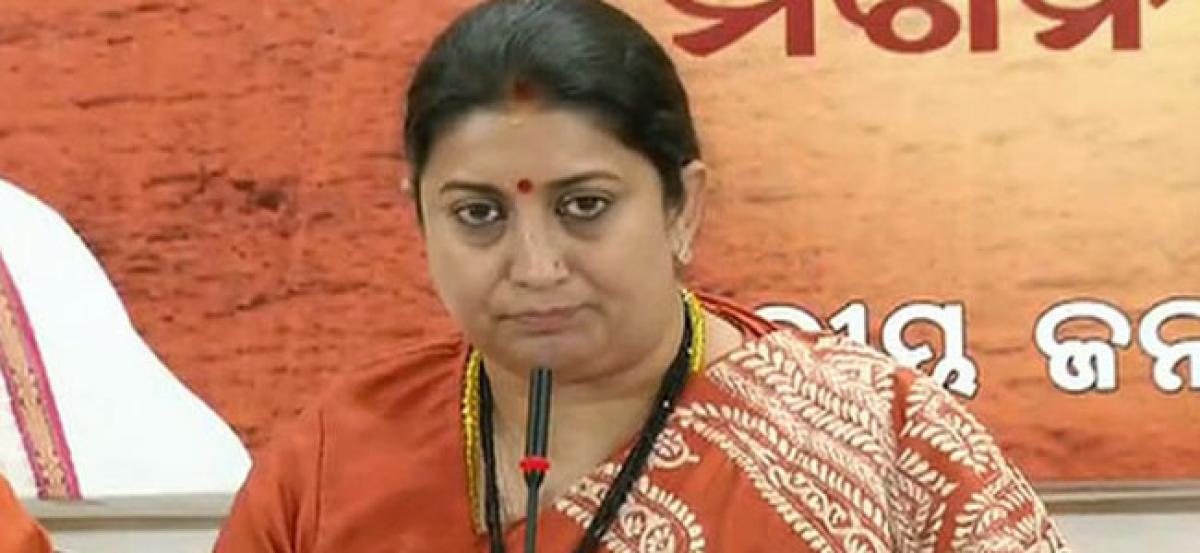
Recalling the Emergency period, Union Minister of Textiles Smriti Irani on Tuesday said that India\'s fight for immortality, pride, strength and honour has brought us under one roof.
Bhubaneswar (Odisha) : Recalling the Emergency period, Union Minister of Textiles Smriti Irani on Tuesday said that India's fight for immortality, pride, strength and honour has brought us under one roof.
June 25 marks the day when Indira Gandhi had declared a state of Emergency in the country for a 21-month period, from 1975 to 1977."India's fight for immortality, pride, strength and honour has brought us all under one roof living in unity. When the emergency took place in the country for a 21-month period, from 1975 to 1977, people from all walks of life came together for fight against it as one- which was a proud moment for us Indians," Irani said, while addressing a gathering at the New Marrion hotel here.
"There are so many who fought for the country and have never been recognised for their hard work and dedication. Today it's their day and it's because of them we are proudly withstanding all issues," she added.
Highlighting the main reason for the Emergency, Union Minister of Textiles said that it was greed that made the then government stoop so low.
"During the emergency period, our democracy was badly hit and will prevail as a black day for the country. People who spoke about unity with diversity were the ones planning to break the country. The main reason for the emergency is- 'greed for gambling' that led them to low corrupt practices," Irani noted.
"At this moment I remember activist and political leader, late Jayaprakash Narayan, who once told the then prime minister Indira Gandhi that that 'India is immortal but you are not'," she stated.
Irani arrived in Bhubaneswar on a one-day visit to Odisha earlier today. She first visited Textile Centre at Saheed Nagar in Bhubaneswar and later attended an intellectual meet at Hotel the New Marrion in the city.
Earlier in the day, Prime Minister Narendra Modi said the country remembers the Emergency as a 'dark period', during which every institution was subverted and an atmosphere of fear was created.
The Prime Minister also saluted the courage of those who steadfastly resisted the Emergency, which was imposed 43 years ago.On a related note, officially issued by President Fakhruddin Ali Ahmed under Article 352 of the Constitution due of the prevailing "internal disturbance", the Emergency was in effect from June 25, 1975, until its withdrawal on March 21, 1977.
The order vested upon the Prime Minister the authority to rule by decree, allowing elections to be suspended and civil liberties to be curbed.
The final decision to impose an emergency was proposed by Indira Gandhi, agreed upon by the president of India, and thereafter ratified by the cabinet and the parliament (from July to August 1975), based on the rationale that there were imminent internal and external threats to the Indian state.The Emergency is considered to be one of the most controversial periods of independent India's history.








